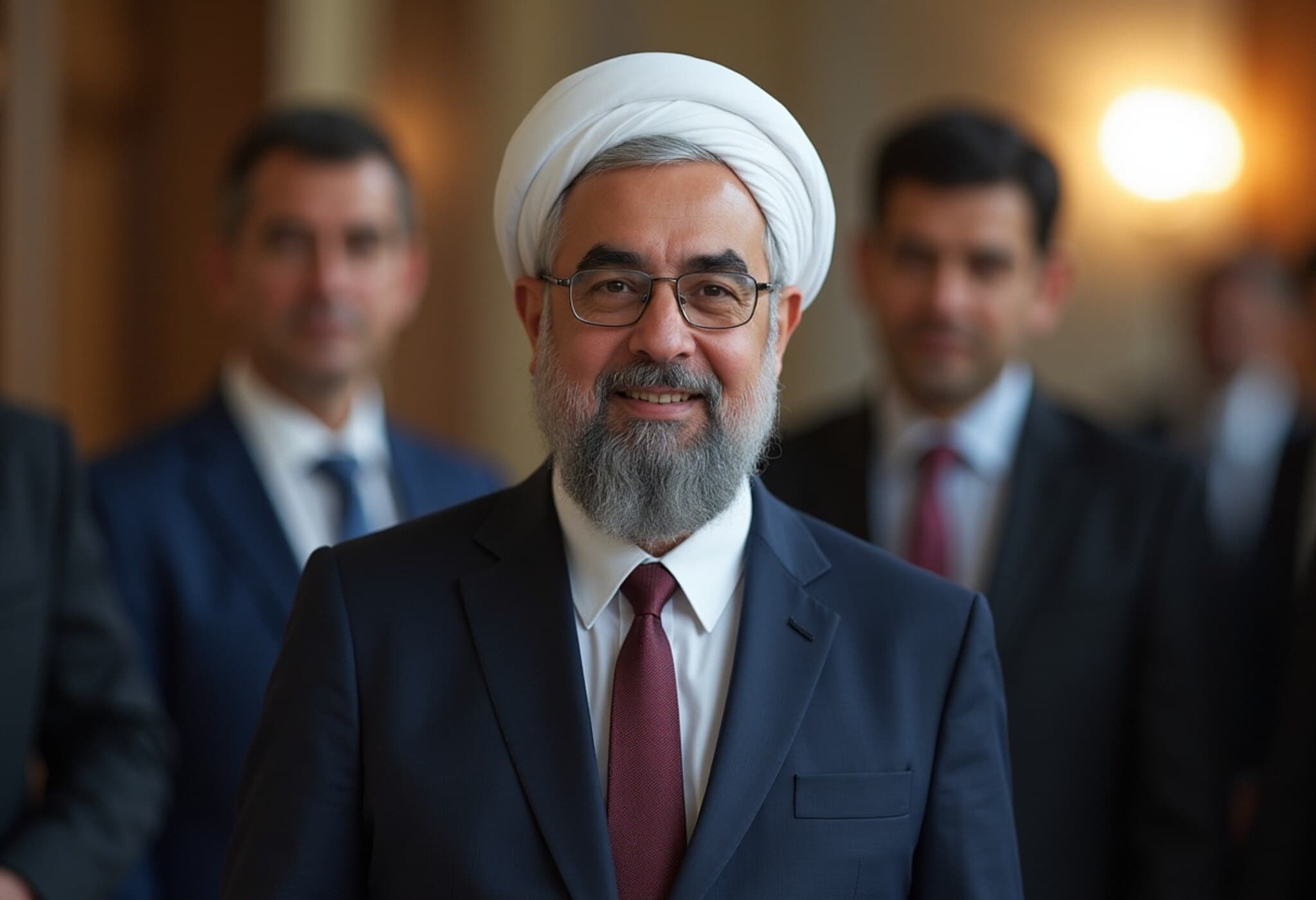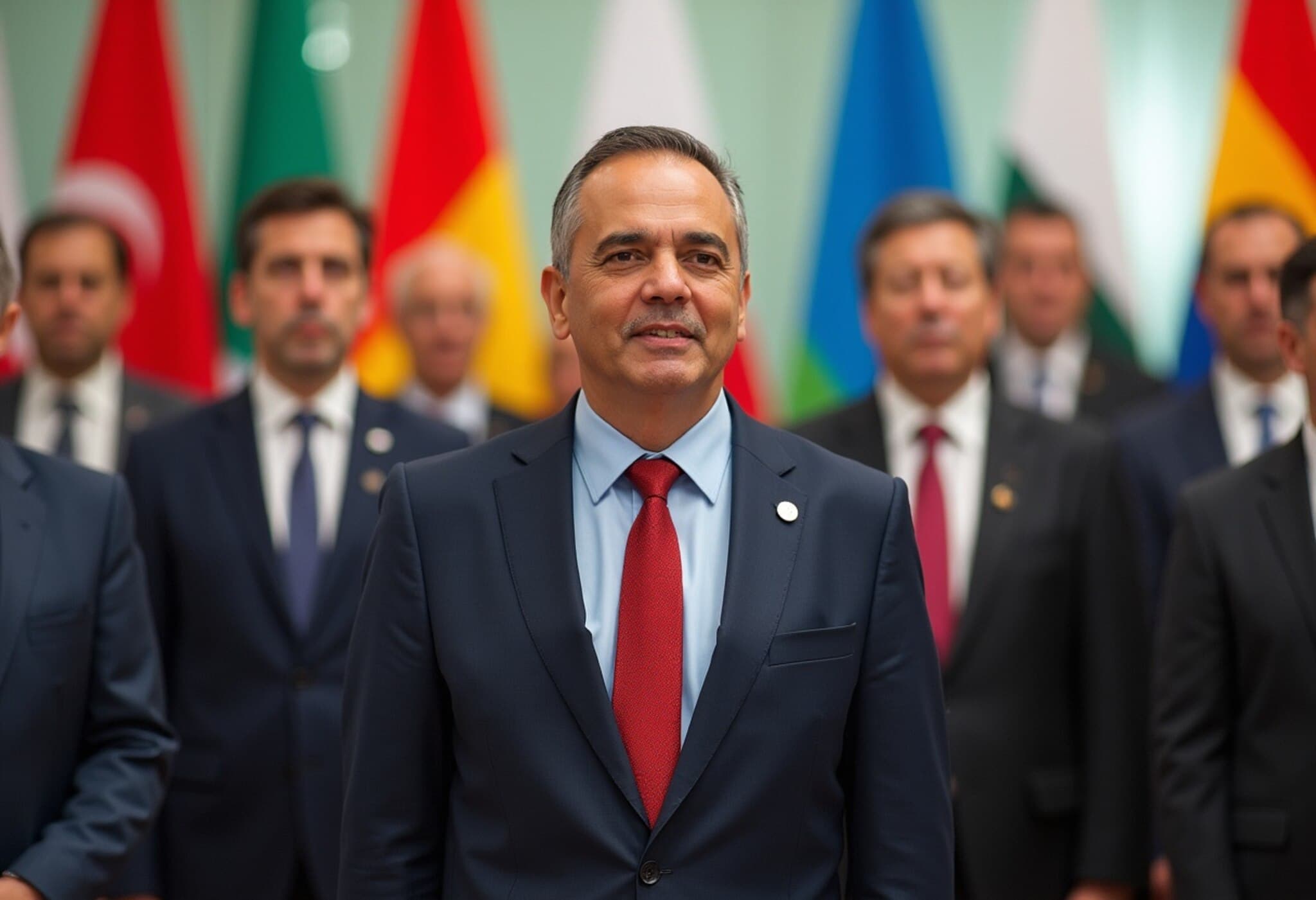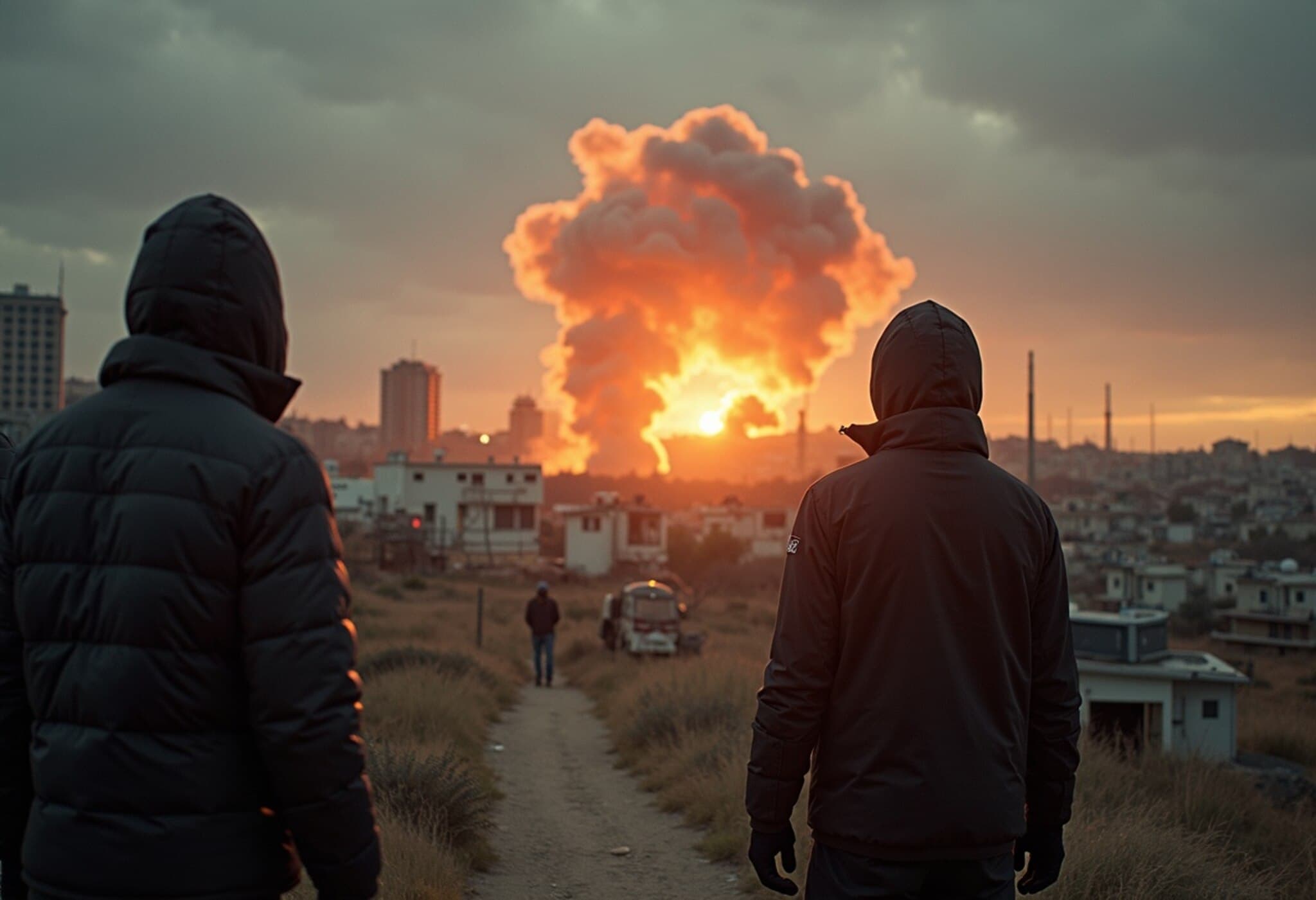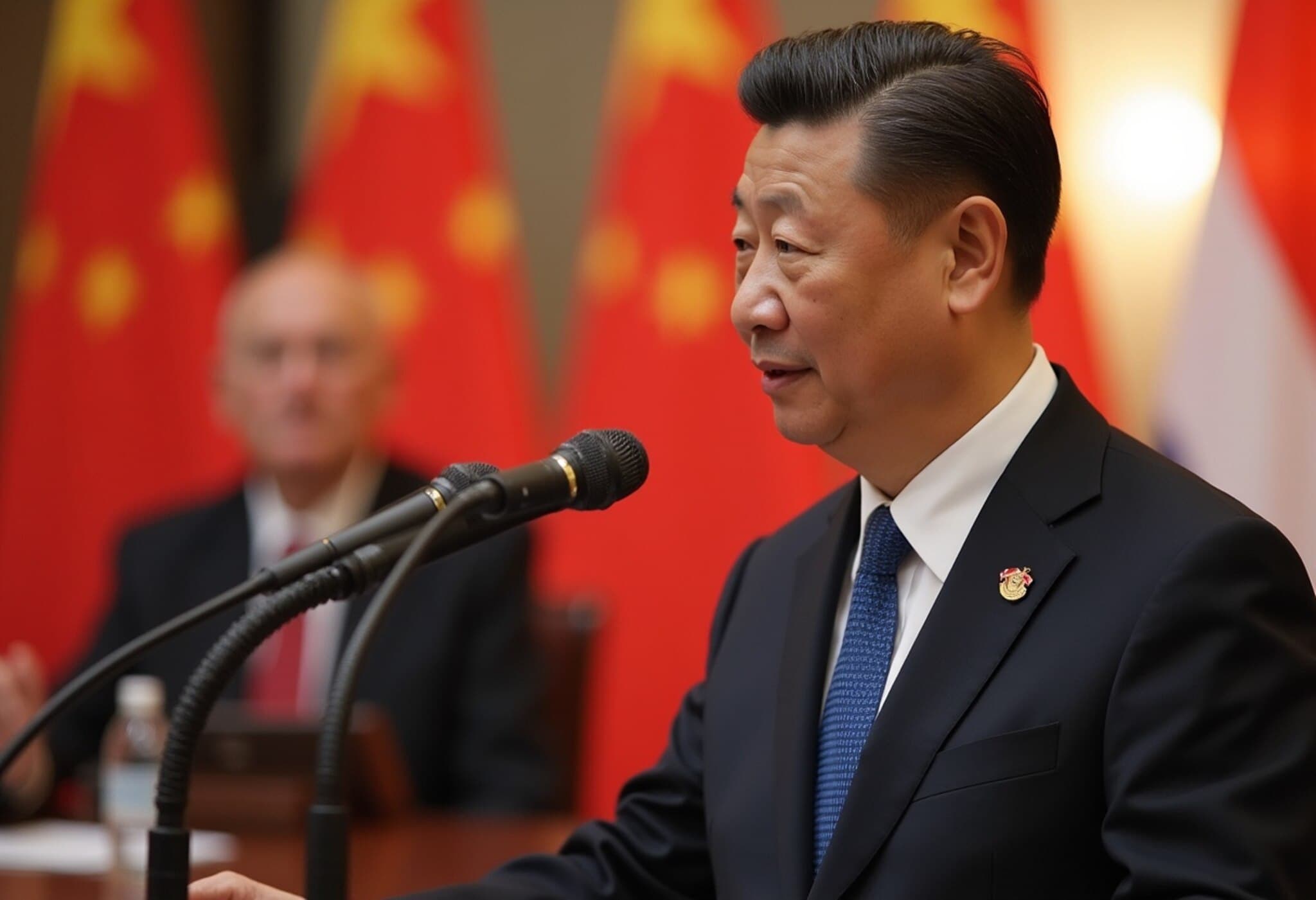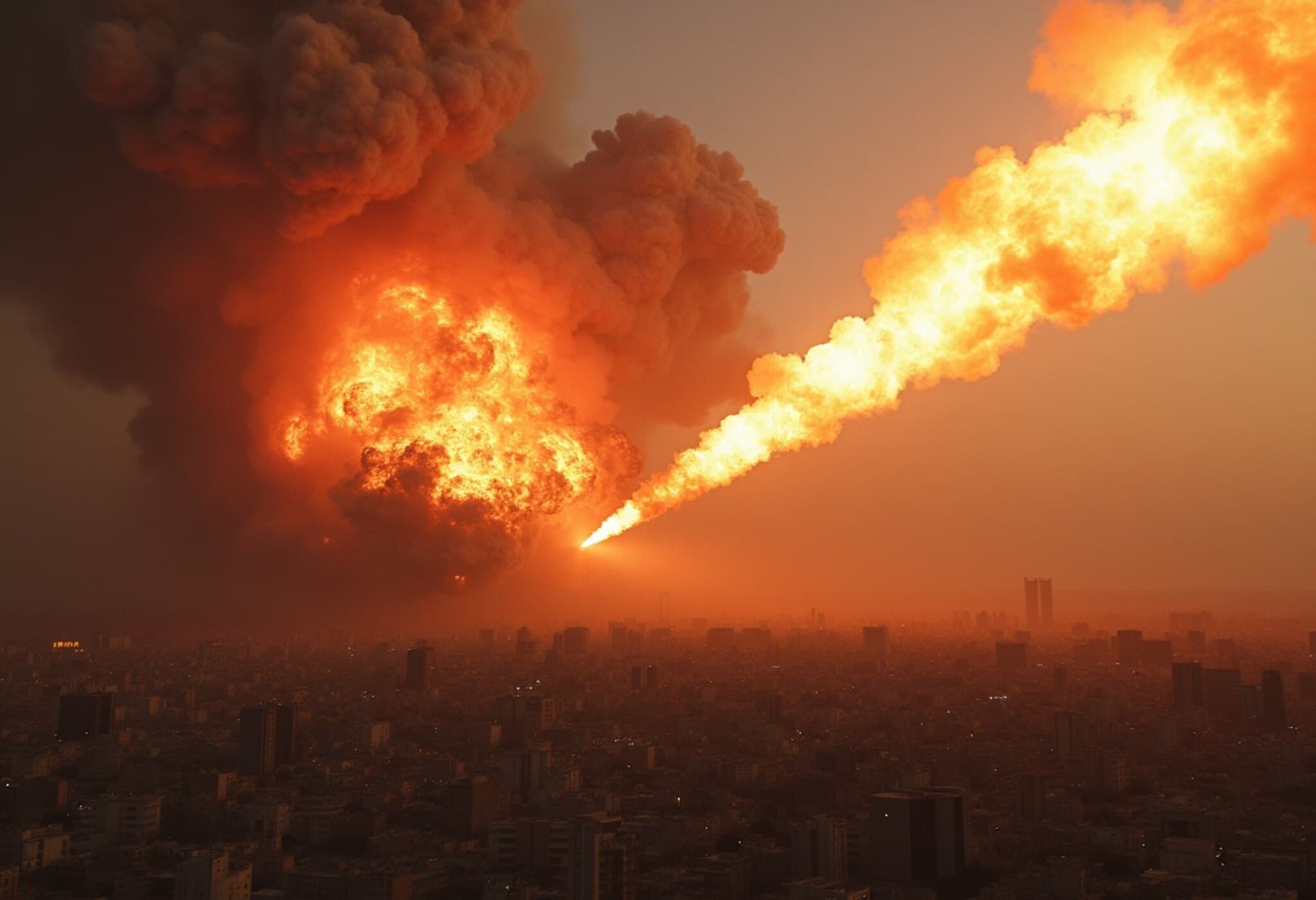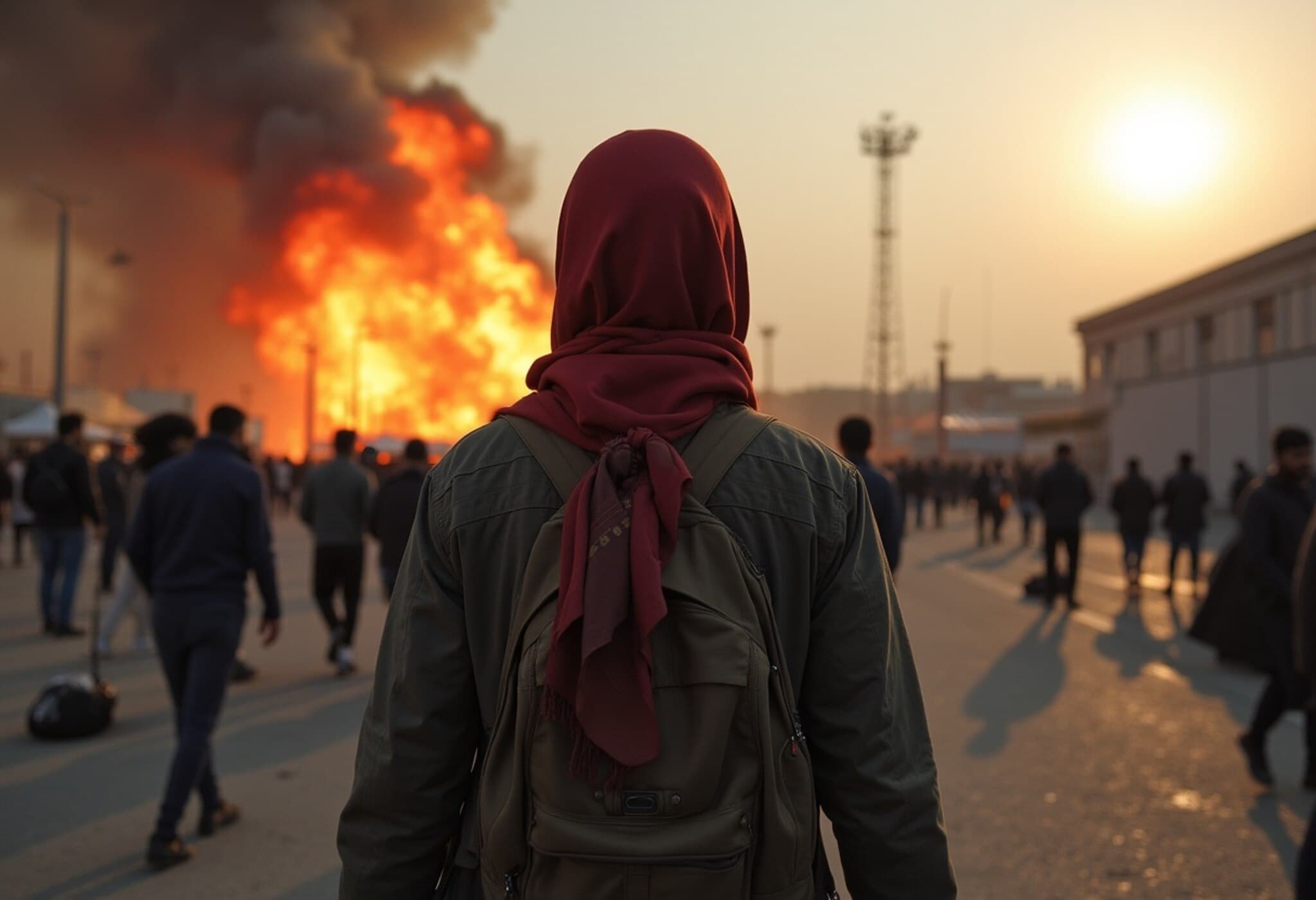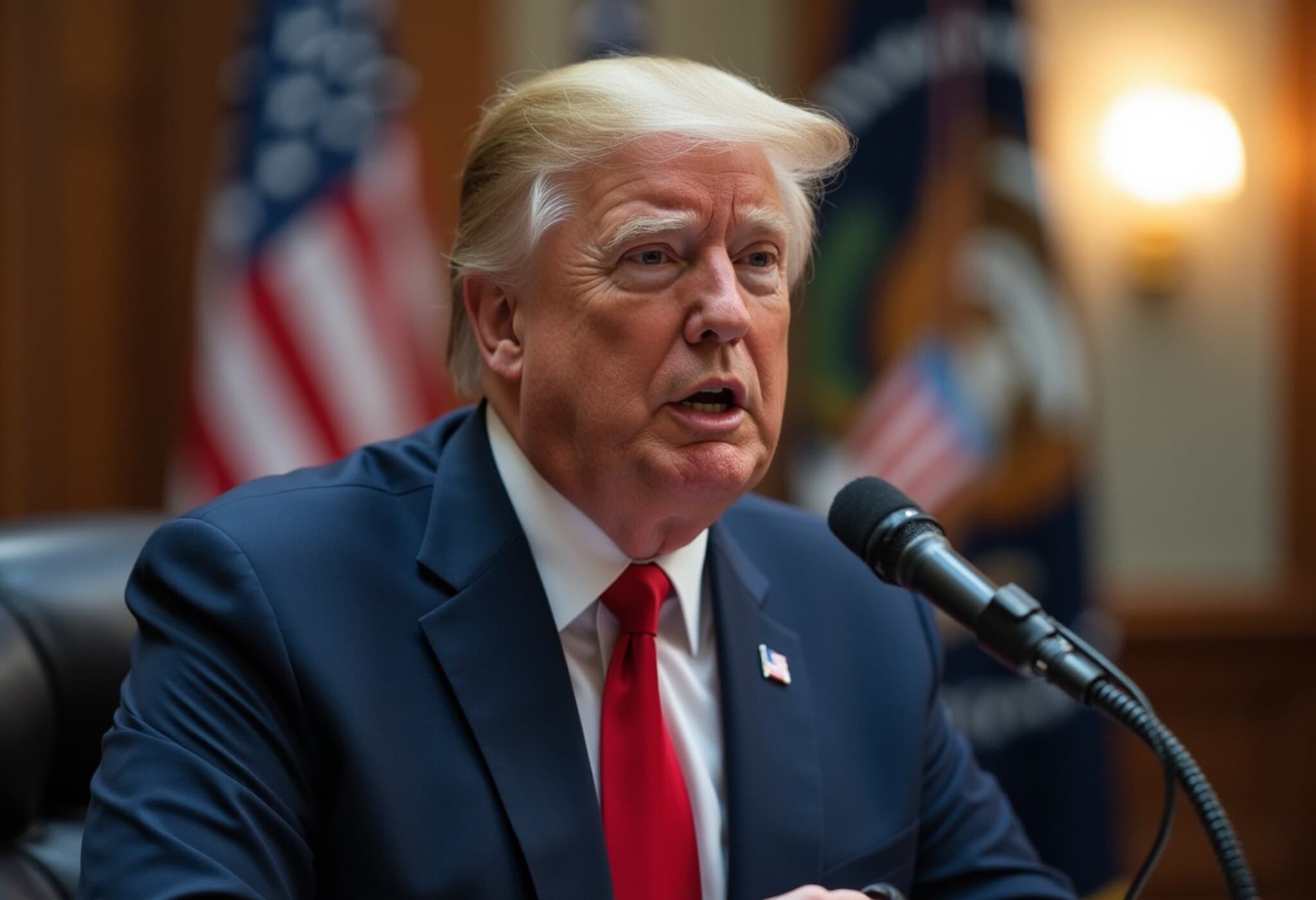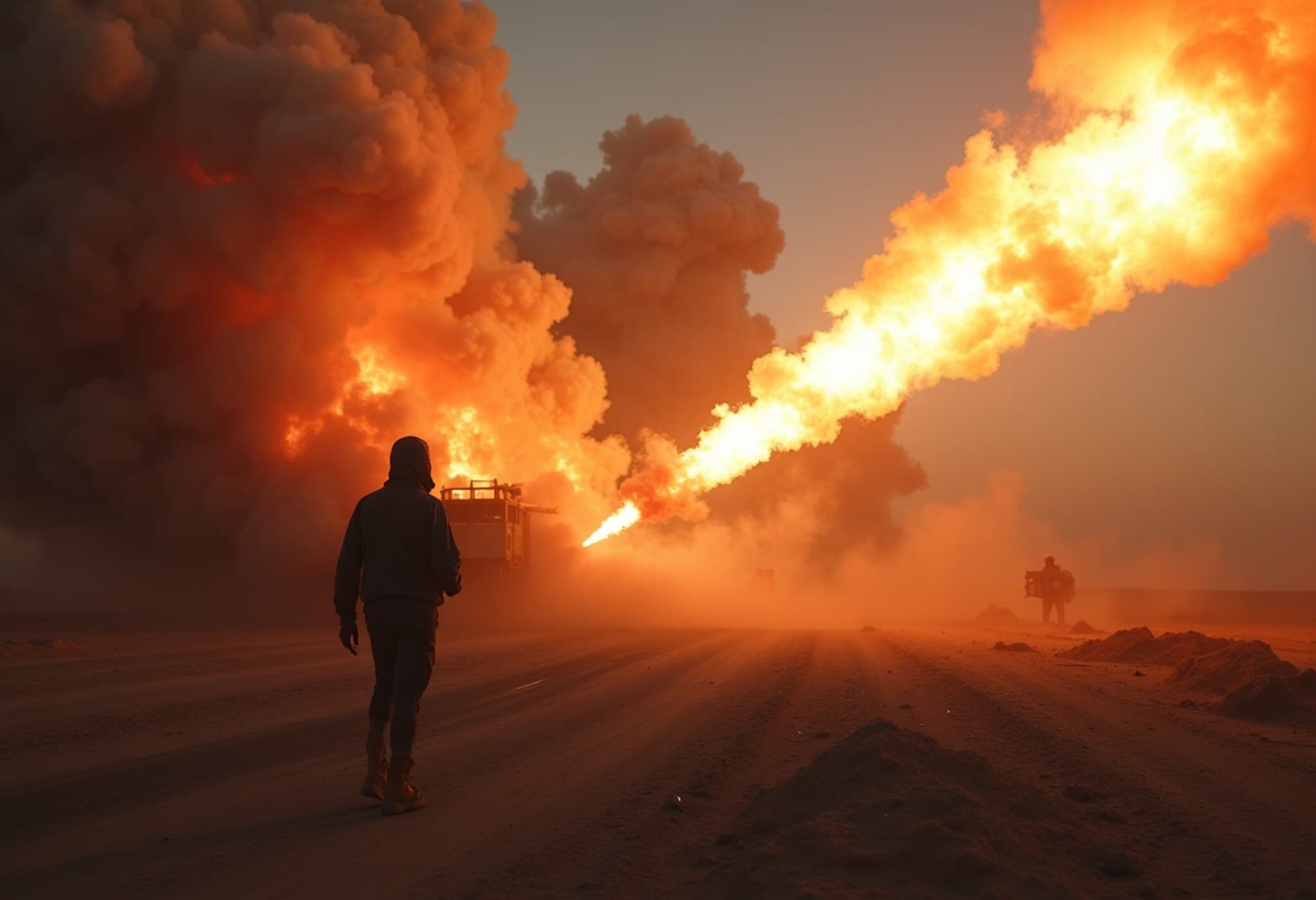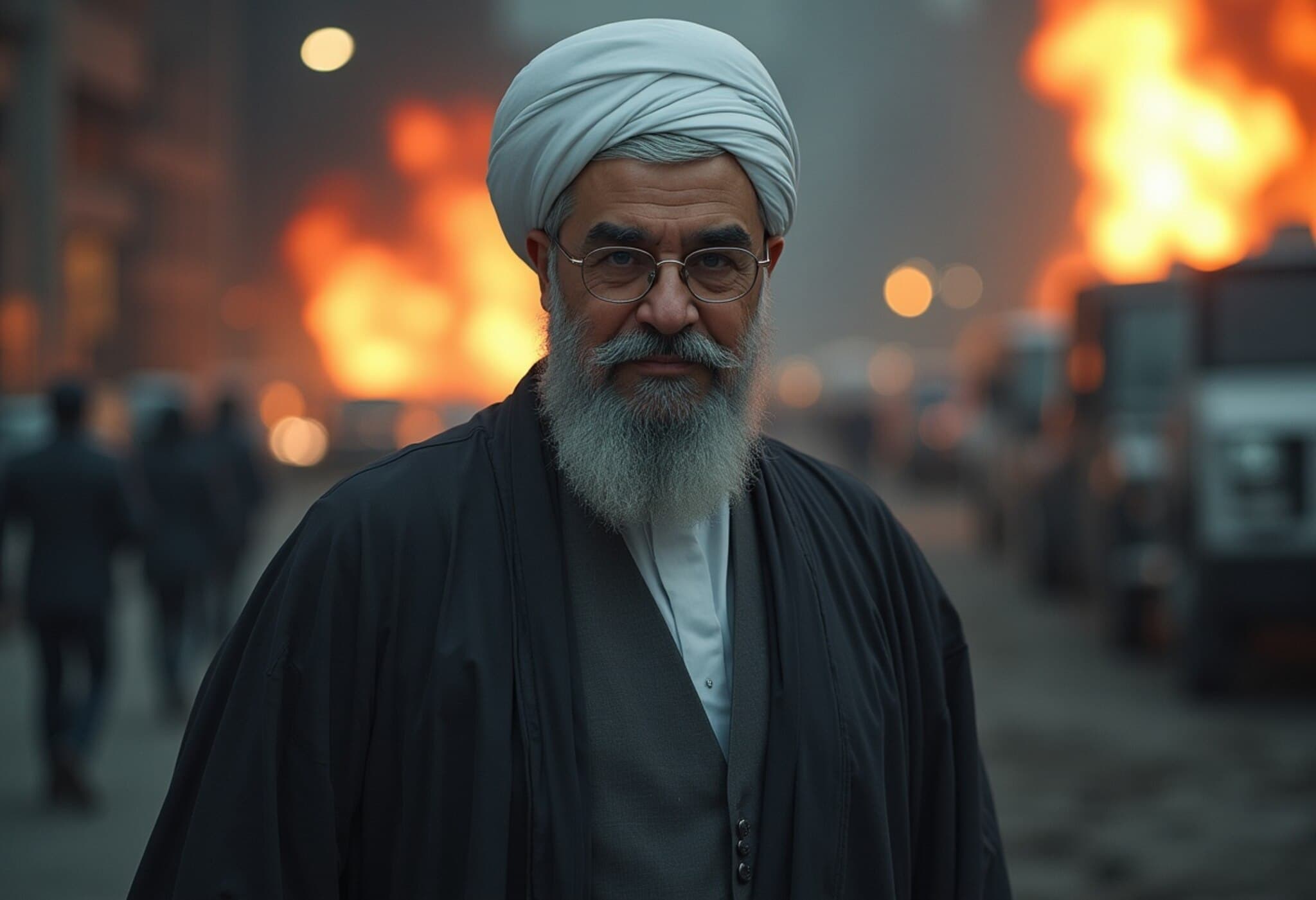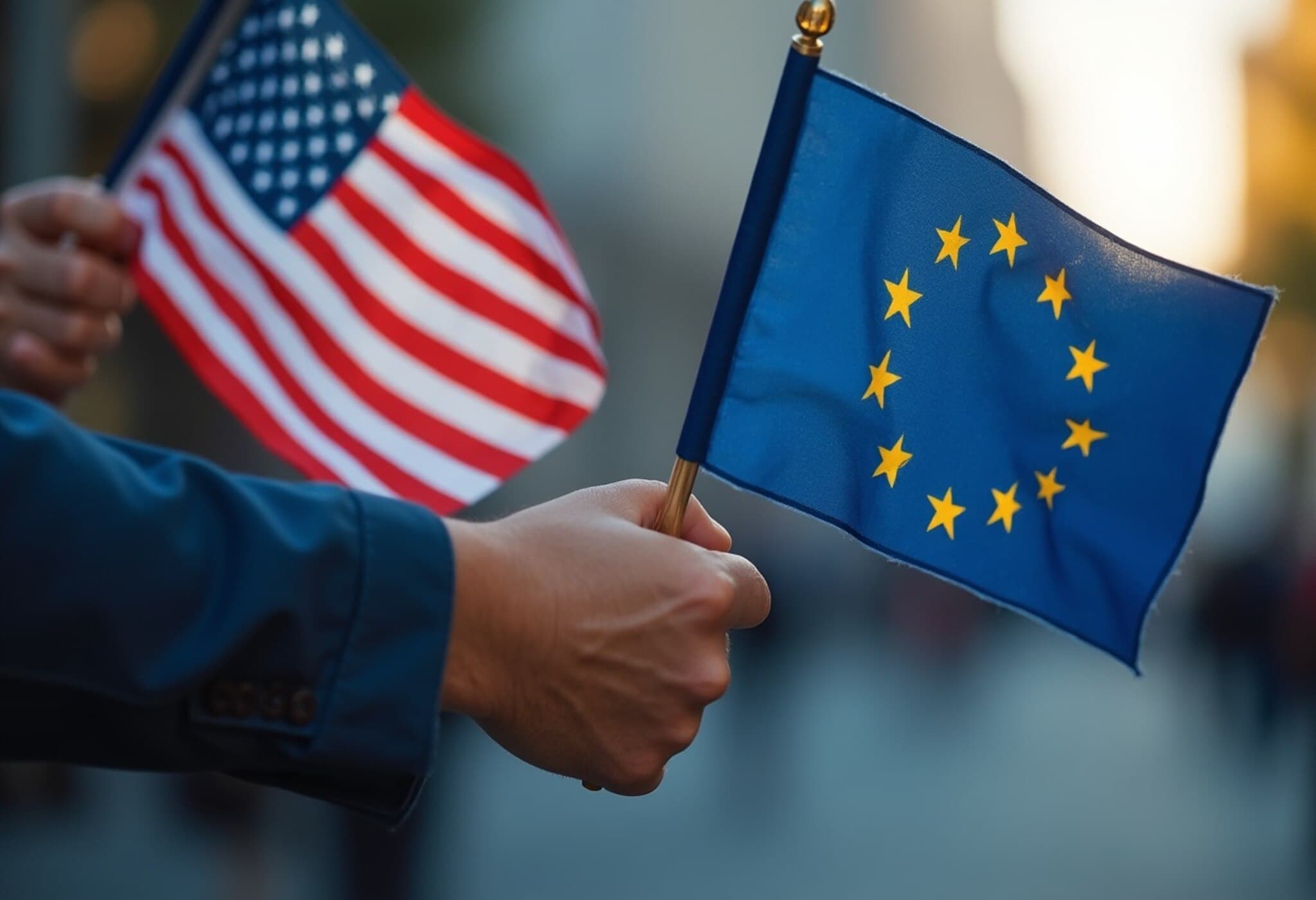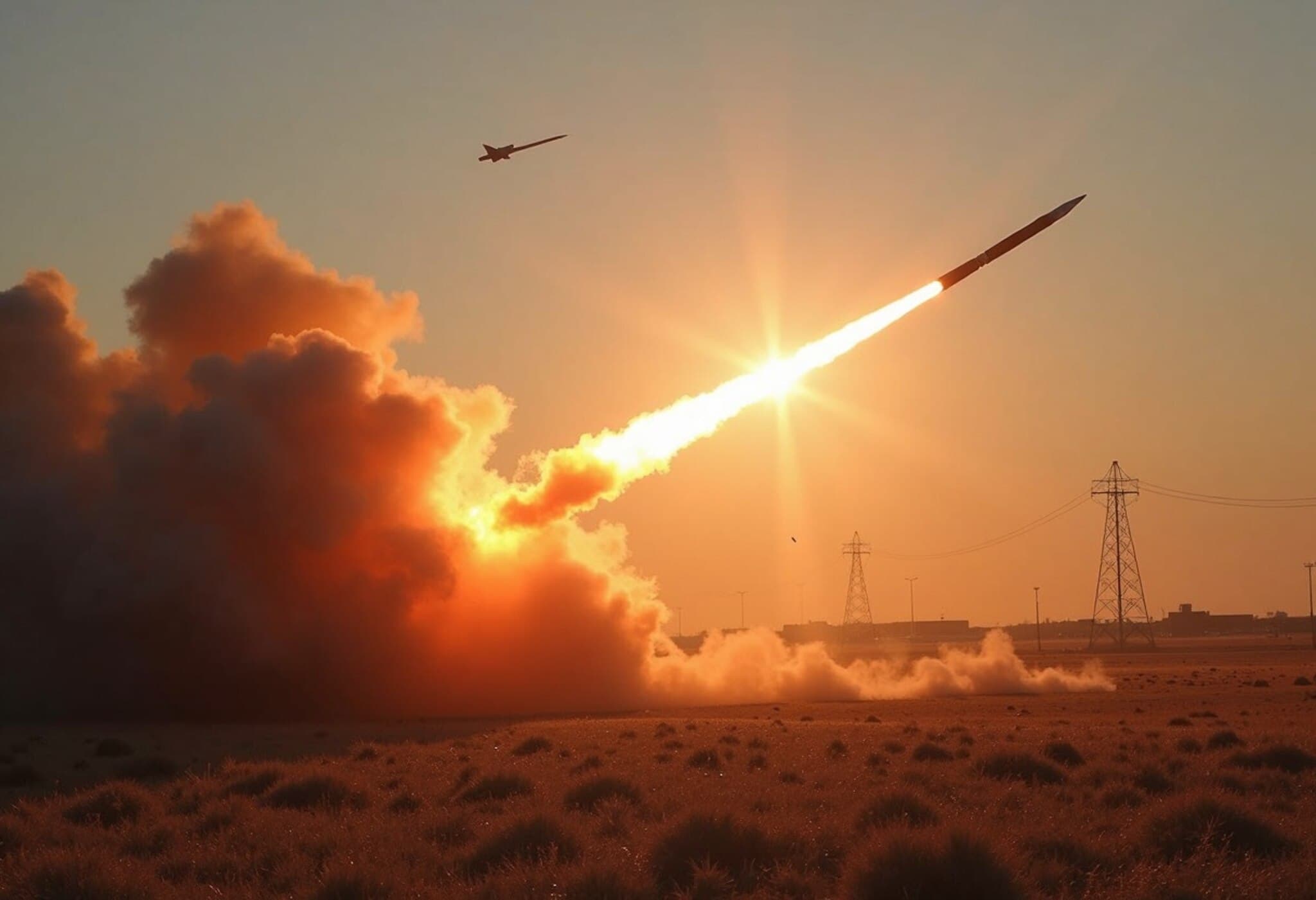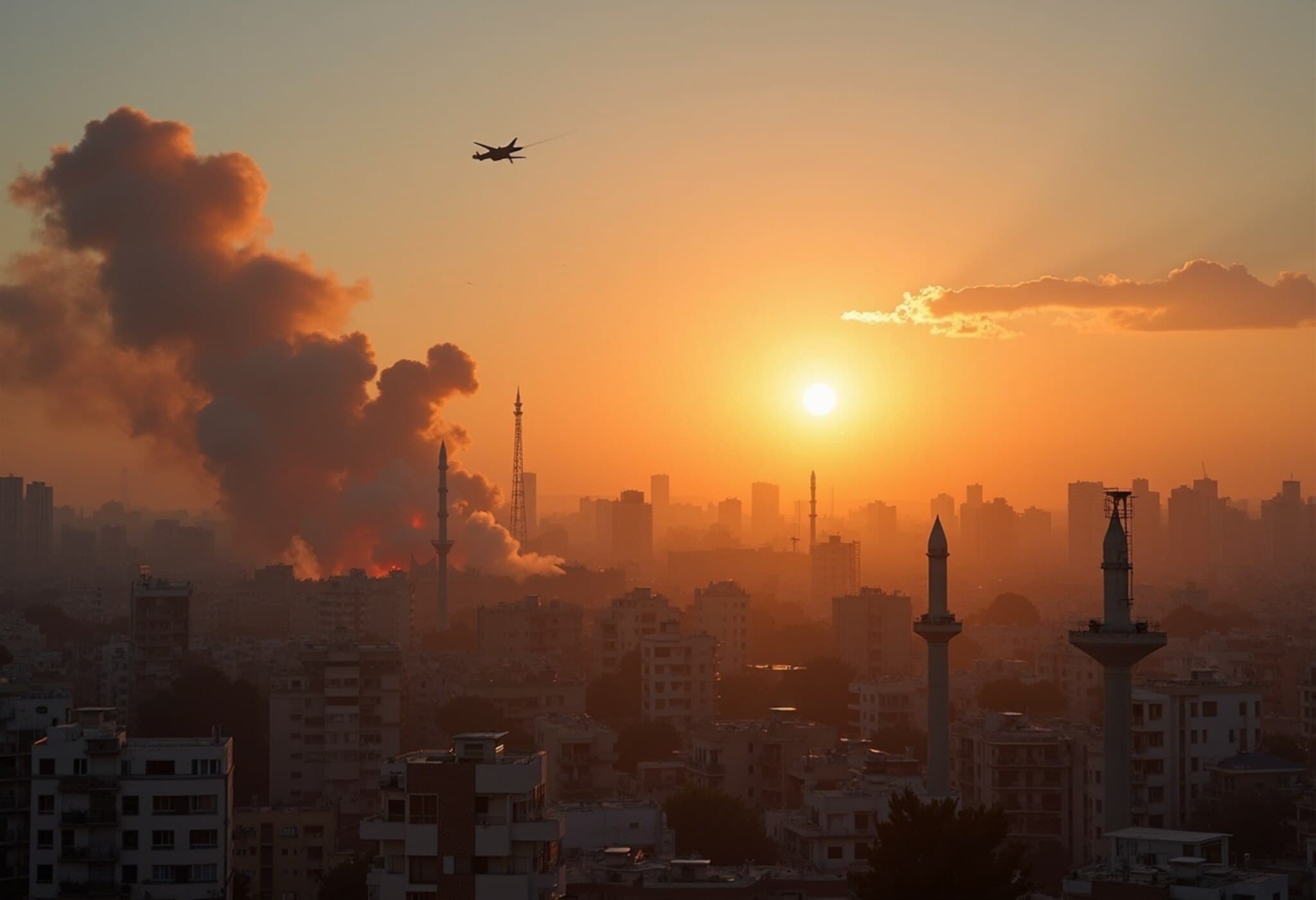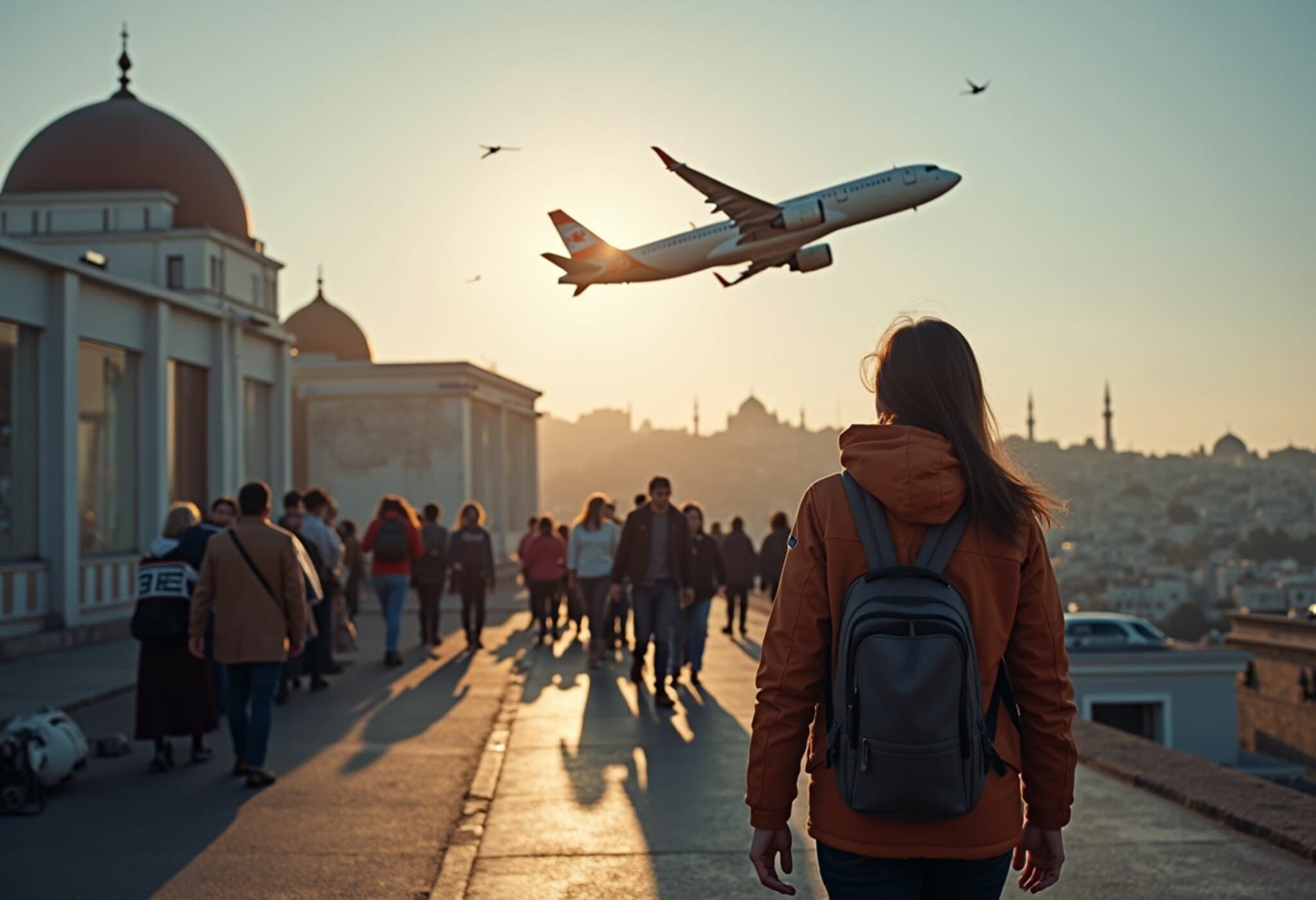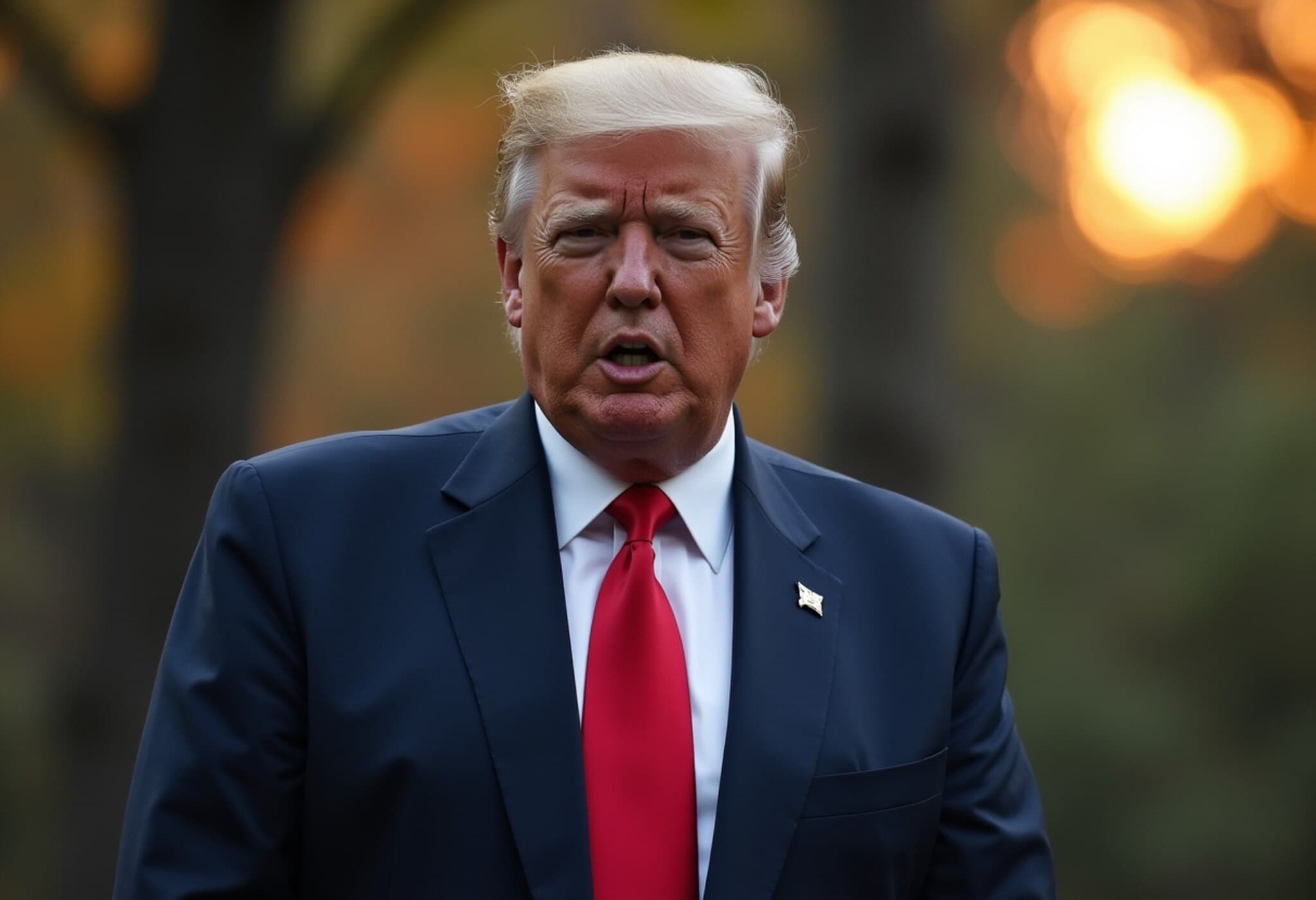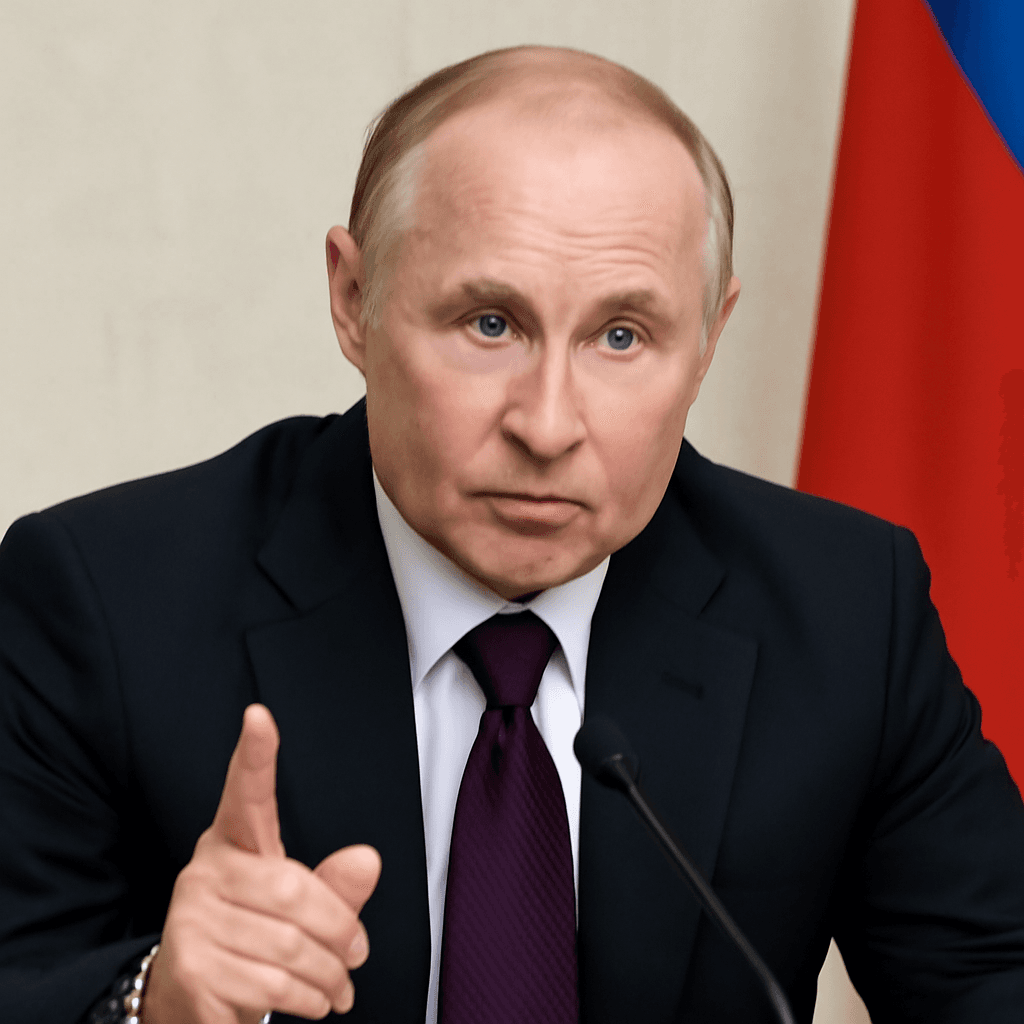European Diplomats Advocate Continued Dialogue with Iran on Nuclear Deal
European foreign ministers from France, the UK, and Germany, collectively known as the E3, alongside the EU's top foreign policy official, recently met with Iran's Foreign Minister Abbas Araqchi in Geneva to explore ways to revive stalled nuclear negotiations.
Though the discussions lasted over three hours, they concluded without immediate breakthroughs. Still, the European envoys conveyed readiness to pursue further engagement and strongly encouraged Tehran to resume talks with the United States concerning its nuclear program.
Key Statements from European Leaders
- French Foreign Minister Jean-Noel Barrot emphasized Iran's expressed willingness to continue the dialogue, stressing the importance of including the US in efforts to reach a negotiated solution.
- German Foreign Minister Johann Wadephul highlighted the critical role of US involvement in progressing the talks and achieving resolution.
- UK Foreign Secretary David Lammy voiced concern over the risk of escalating regional conflict, urging Iran to maintain discussions with the US to prevent further tensions.
Context: Challenges and Diplomatic Stalemate
Tehran remains under mounting international pressure to accept stricter constraints on its nuclear program. However, it has persistently declined engagement with the US administration amid ongoing Israeli military actions targeting its nuclear facilities.
Prior to the Geneva meeting, European ministers consulted with the US Secretary of State. Diplomatic sources indicated that Washington remains open to direct negotiations, even as it weighs potential support for Israeli strikes aimed at Iran’s nuclear infrastructure.
Contentious Points and Diverging Positions
The Trump administration advocates for a complete cessation of uranium enrichment by Iran, a stance more stringent than that of the E3, which previously accepted limited enrichment under strict supervision.
French President Emmanuel Macron echoed this hardline approach, insisting that any renewed agreement must target “zero enrichment.” Meanwhile, senior Iranian officials signaled openness to some enrichment restrictions but firmly rejected setting enrichment levels to zero, especially in light of Israel's ongoing attacks.
Geopolitical Tensions Surface at the UN
During discussions at the United Nations in Geneva, Iranian Foreign Minister Abbas Araqchi accused Israel of undermining diplomatic efforts, prompting a sharp rebuttal from Israel’s representative. This exchange underscored the fragile atmosphere surrounding the nuclear talks.
Geneva holds symbolic significance as the site of the initial 2013 nuclear agreement and the 2015 comprehensive deal between Iran and world powers. However, recent separate talks collapsed following Israel’s launch of Operation Rising Lion in June, targeting Iran's nuclear and missile capabilities.
The Road Ahead
While significant gaps remain between Iran and Western demands, European ministers signal their commitment to sustained dialogue as the best path forward. The evolving diplomatic landscape underscores the delicate balance between preventing nuclear proliferation and managing regional security risks.

